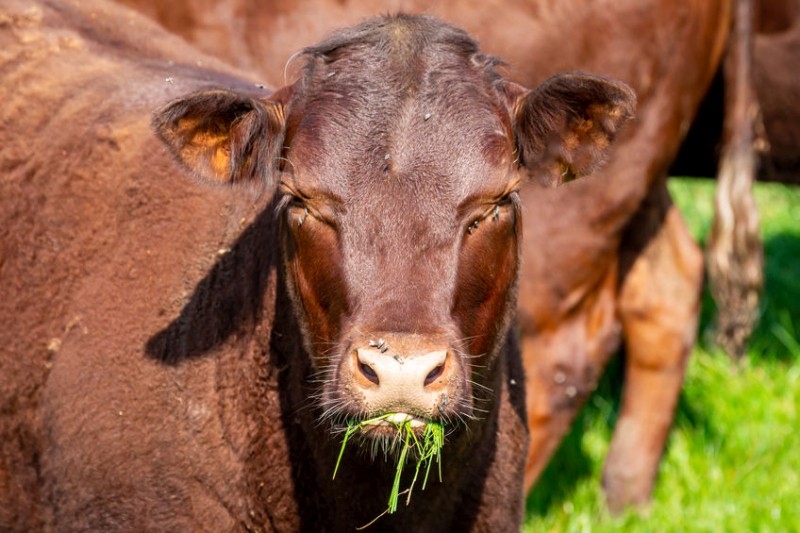
A cross-party group of MPs and Lords have called for the government to boost the British farming industry by ditching EU rules which block the access to precision breeding tools.
Amendments to the Agriculture Bill have been put forward which would provide new powers for ministers to make changes to the UK Environmental Protection Act.
Ministers are seeking to change the EU definition of GMO in the Act for a definition compatible with the Cartagena Protocol – to which the UK is a signatory.
The move would give the UK's scientists, farmers, plant breeders and animal breeders the same access to new gene editing technologies as countries outside the EU have.
The All-Party Parliamentary Group (APPG) on Science and Technology in Agriculture, chaired by MP Julian Sturdy, has now written to Defra Secretary George Eustice.
The APPG has urged the government to introduce the enabling amendment during the Lords stages of the Agriculture Bill.
The group has taken an interest in prospects for advanced gene editing techniques such as CRISPR-Cas9 to deliver improvements in the speed and precision of crop and livestock breeding.
MPs say the techniques could present the UK with opportunities to keep pace with demands for increased agricultural productivity, resource-use efficiency and more durable pest and disease resistance.
However, in July 2018 the Court of Justice of the European Union (CJEU) ruled that these new precision breeding tools should be regulated as GMOs, putting the EU at odds with the US, Australia and Japan.
The ruling has been criticised by some scientists and breeders as a block to innovation seen as vital for the UK's response to climate change and food security.
Ministers have indicated their disagreement with the CJEU ruling, and stated the government’s view that gene edited organisms should not be subjected to GM regulation if the DNA changes could have occurred naturally or through traditional breeding methods.
APPG chair Julian Sturdy MP said the proposed amendments to the Agriculture Bill would 'liberate' the UK’s bioscience sector.
“This amendment is also about scientific democracy... freeing up Britain’s fantastic research scientists to develop traits which will support more sustainable farming systems in less developed parts of the world.
“These steps will provide an important signal that as we emerge from the Covid-19 crisis we will use the best available science to address critical challenges of climate, food security and nutrition,” he said.
Tom Bradshaw, NFU vice-president has backed the amendments, calling them an 'opportunity' for the UK farming industry.
“The cost of not taking this opportunity is the UK being unable to make use of a set of breeding tools that are already being shown to offer solutions to intractable problems such as the need to protect plants and animals from disease."
